The Eqbal Ahmad Centre for Public Education (EACPE) seeks to foster the use of science and reason to understand nature and society and so better enable all citizens of Pakistan to participate fully in the political, social, economic, and cultural life of their society; to exercise their democratic rights and responsibilities; to value human rights, democracy and the rule of law; to promote cultural and religious diversity; to raise awareness of global issues and the natural environment; and to advance the goals of international peace and justice.
EACPE is named to honour the life and work of distinguished Pakistani academic, activist, and public intellectual, Dr. Eqbal Ahmad.
“The EACPE record is very impressive, and hopeful — a rarity these days. About the webpage (design), I don’t have anything useful to say. Have little experience that’s relevant. To me personally, the range and choice of topics is appealing and impressive. I can’t think of any useful way to improve it.”
— Noam
(Received on 5th May, 2017. As a member of the EACPE board, Professor Noam Chomsky was asked to suggest how to improve our main page)


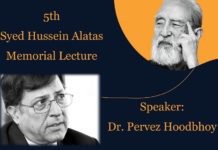
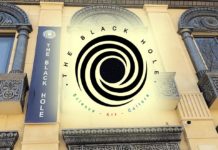
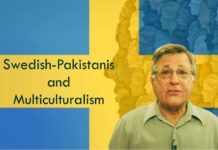
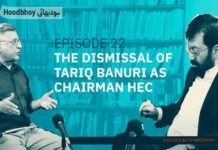
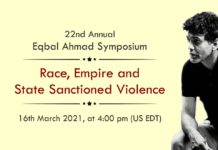


Excellent discussion. I absolutely agree that religion and science should be kept separate.
With reference to 11:05 ff., Ibn Qayyim al-Jauziya (b. 1292– d. 1350 CE), writing in his “Kitāb al-Turuq al-Hukmiya fi al-Siyāsa al-Shar’iya,” ed. Muhammad Hāmid al-Faqi, (Cairo 1372 AH / 1953 CE), page 286, states:
“If the members of the leper’s household want to eat, drink and have sexual intercourse with him, it is permissible. If they want to avoid the afflicted and keep their distance from him, it is also permissible.”
(Engl. translation from: Irmeli Perho, “The Prophet’s Medicine: A Creation of the Muslim Traditionalist Scholars ,” p. 98, Helsinki: Finnish Oriental Society, 1995)